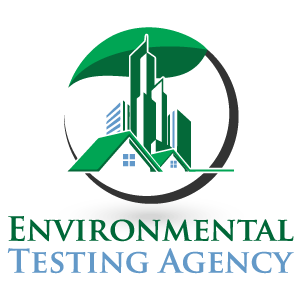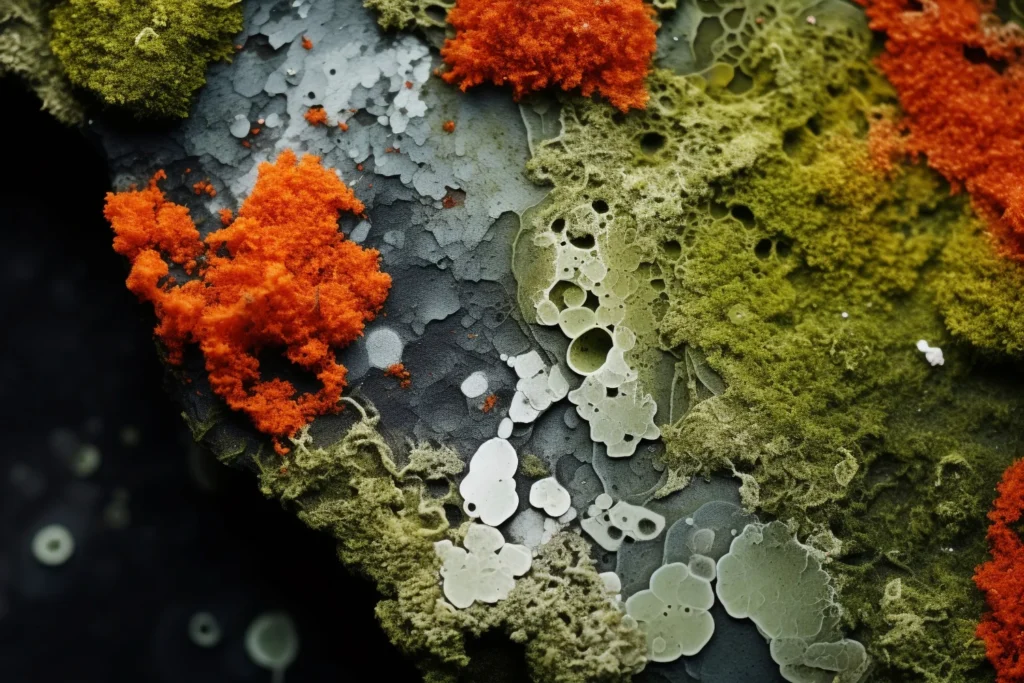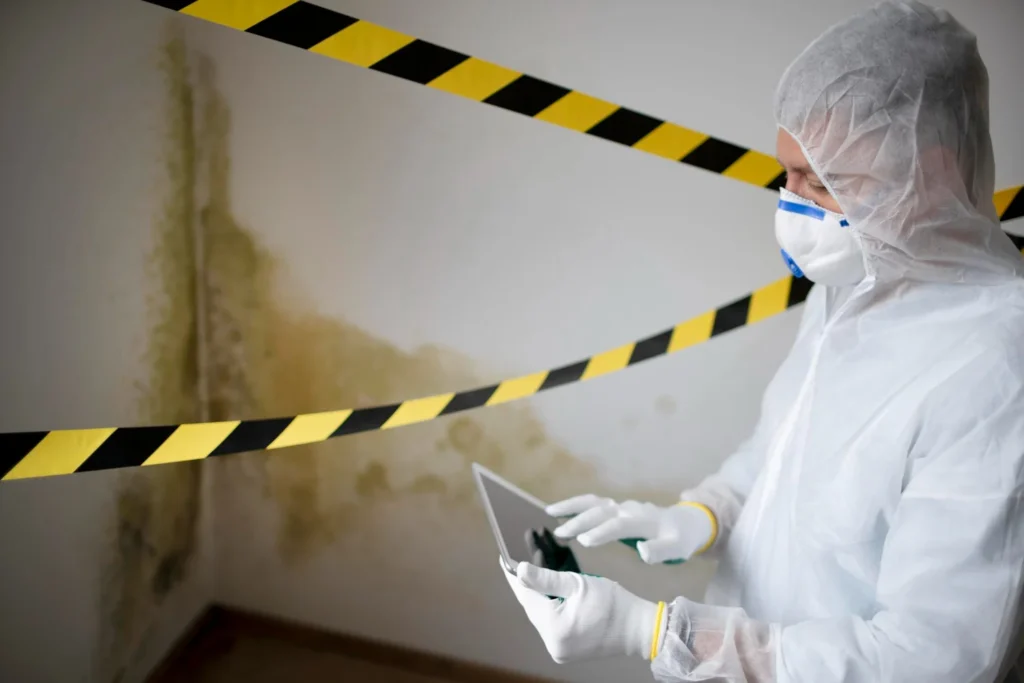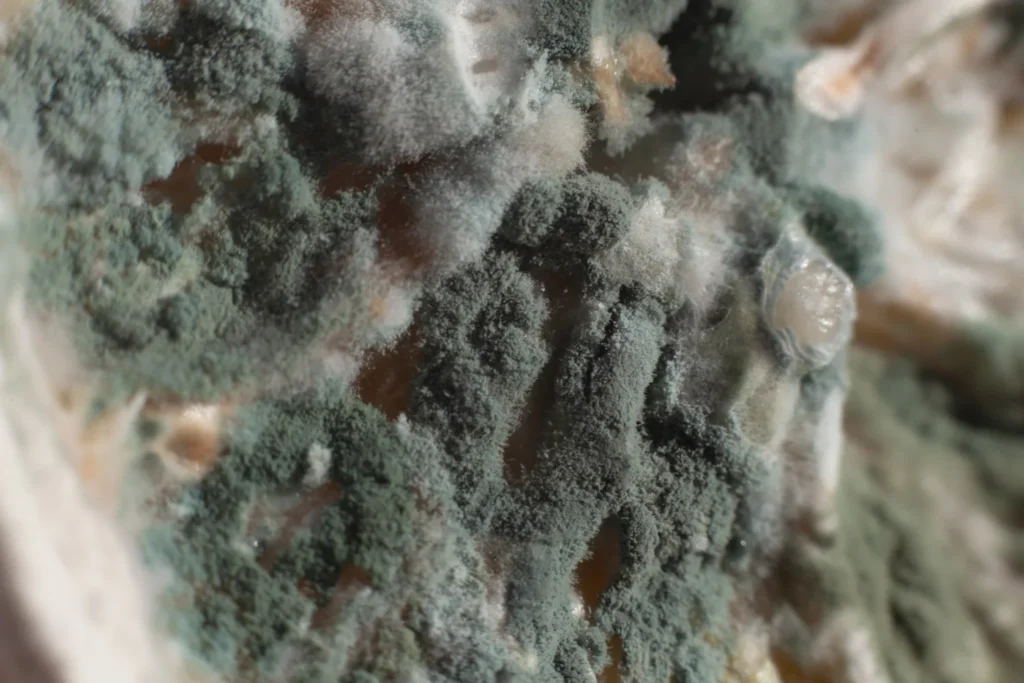Experts in Kitchen Mold Testing Services in Florida
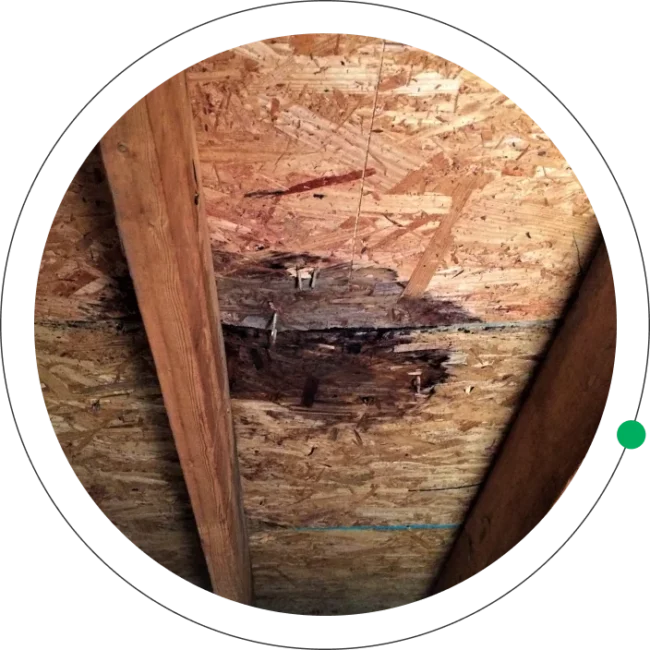
Why Kitchens Are Prone to Mold Growth and Testing Needs?
Kitchens are especially at risk for mold because they often have a lot of moisture. Cooking, cleaning, and using appliances create steam and water, creating perfect conditions for mold growth. The humidity can get high, and if moisture isn’t well ventilated, it settles on surfaces like walls, ceilings, and inside cabinets, allowing mold to spread.
Everyday tasks like boiling water or washing dishes generate moisture. If we don’t manage this moisture, it can build up and encourage mold. Another reason is leaks. Pipes under the sink, faulty dishwashers, and refrigerators can cause slow leaks that often go unnoticed until mold has already started to grow.
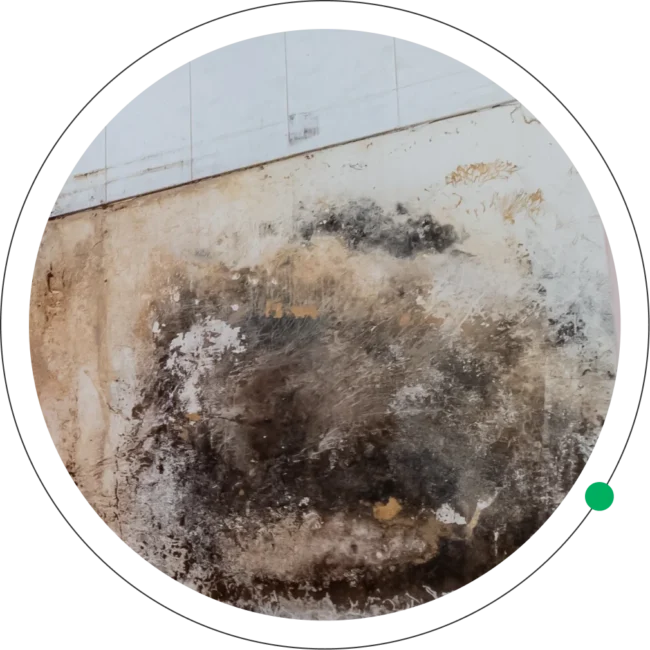
Common Signs that Indicate
Your Kitchen Needs Mold Testing

Musty Odor
A musty odor in your kitchen could be a clear sign of mold. This smell often comes from mold spores in the air or on surfaces, suggesting that mold may be present and needs to be addressed.

Visible Mold
Sometimes, you can spot mold directly. Look for green, black, or white patches on your kitchen walls, ceilings, or around appliances. If you see any mold, it’s important to take action quickly, as it can spread rapidly.

Water Stains
Look for dark spots or discoloration on your kitchen cabinets, walls, or ceilings. These water stains can indicate that moisture has been present, creating a perfect environment for mold to grow.

Peeling Paint or Wallpaper
If you notice paint peeling, bubbling, or blistering on your kitchen walls or ceilings, it may indicate moisture issues. This could mean mold is forming beneath the paint, damaging your walls and affecting air quality.

Condensation
If you see excessive moisture collecting on your kitchen windows or other surfaces, it’s a warning sign. Continuous condensation can lead to mold growth if not dealt with quickly.

Health Symptoms
Pay attention to any unusual health issues, like sneezing, coughing, or headaches, especially after spending time in the kitchen. These symptoms could be linked to mold exposure.

Under-Sink Moisture
Wet spots, deterioration, or mold growth under sinks due to leaks.

Food Spoilage
Mold can grow on expired food or spills that haven’t been cleaned up properly. Regularly check your pantry and fridge to ensure there’s no old food that could contribute to mold issues.
Tips to Identify Kitchen Mold
- Check for mold on walls, ceilings, under sinks, and inside cabinets.
- Look for any discoloration or water stains indicative of moisture problems.
- Notice any persistent musty odors, which can indicate mold presence.
- Be aware of any increase in allergic reactions or respiratory problems when in the kitchen.
- Check for condensation on windows, walls, and appliance surfaces.
- Examine walls and surfaces for bubbling, peeling, or cracking paint or wallpaper.
- Ensure that kitchen vents and exhaust fans are working properly and venting to the outside.
- Consider using a mold testing kit or hiring a professional for an in-depth inspection.
- Inspect under sinks and behind appliances for any signs of moisture or pooling water.
Regularly inspecting your Kitchen Mold
and maintaining proper ventilation, insulation,
If you notice any signs of mold or if you’re unsure about the safety of your kitchen, it’s a good idea to reach out to ETA Mold for a professional inspection.
Our team has the tools and expertise to identify hidden mold and assess your space thoroughly. We’re here to help ensure your kitchen remains a safe and healthy environment for you and your family.
Preventing Kitchen Mold:
Essential Mold Testing and Maintenance Tips
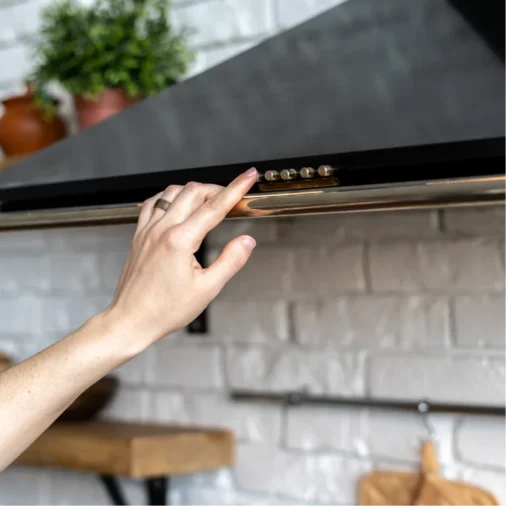
Ensure Proper Ventilation
- Turn on ventilation fans while you’re cooking or cleaning. These fans help get rid of extra moisture in the air, lowering humidity and preventing condensation.
- If your kitchen doesn’t have a built-in fan, consider using a portable one when you cook.
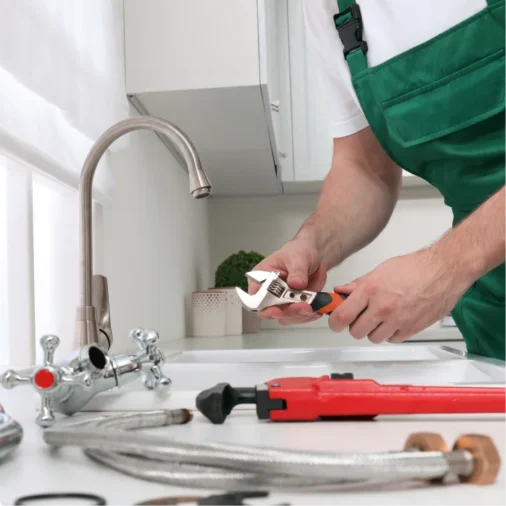
Control Moisture
- Promptly repair any leaks from sinks, pipes, or appliances.
- Use a dehumidifier if the kitchen tends to be exceptionally humid.
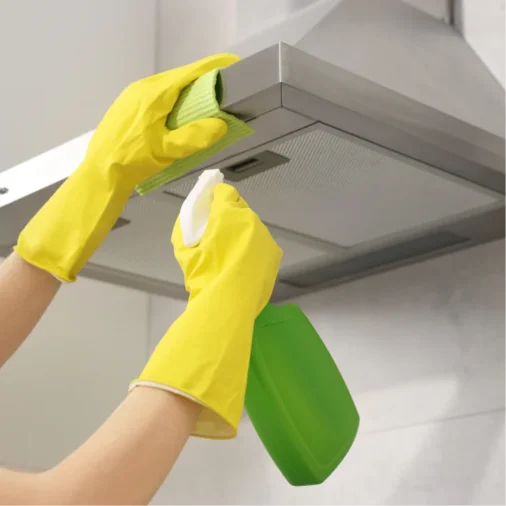
Regular Cleaning
- Make it a habit to clean your kitchen often, paying special attention to moist areas.
- Wipe down countertops, clean sinks, and wash dishcloths frequently. This routine helps remove any mold spores that might settle.
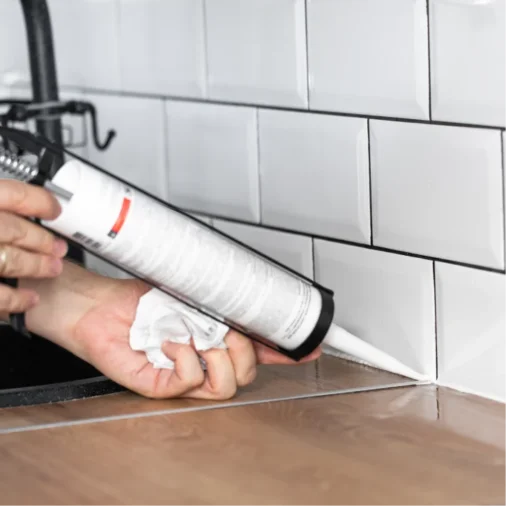
Seal Gaps and Cracks
- If you spot any leaks from pipes, sinks, or appliances, fix them quickly. Even small leaks can cause big moisture problems that are perfect for mold to grow.
- Regularly check under the sink and around appliances for any signs of water.
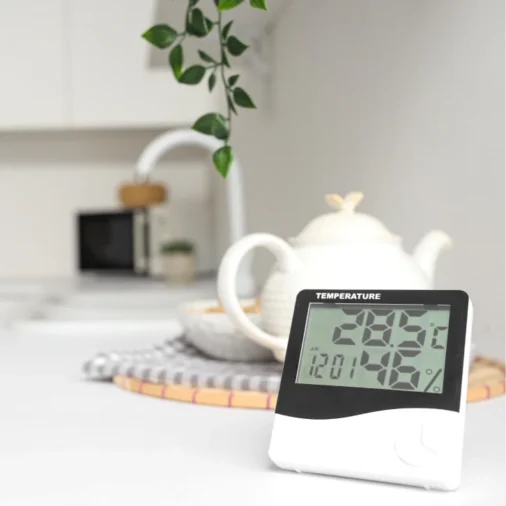
Monitor Humidity Levels
- Use a hygrometer to monitor the humidity levels in the kitchen, aiming to keep it below 60%.
Choose ETA for Expert Mold Testing
Choosing ETA Mold for your kitchen mold inspection and testing means you get expert help you can trust. Our certified team conducts thorough inspections, using advanced tools to find hidden mold and moisture problems.
We provide clear reports and customized solutions based on your specific situation, ensuring you understand everything. With our commitment to customer satisfaction, we answer all your questions and guide you on how to keep your kitchen mold-free.
Professional Mold Inspection & Air
Quality Testing Services in South Florida.

The Mold Inspection Process

DETECTION
We’ll discover the source of infrastructure damage. This is imperative and also the first step in our process.

TESTING
We send all samples to an accredited laboratory. Our labs know this is our priority and will give the most detailed results possible.

ASSESSMENT
Our certified and licensed assessors will compile a comprehensive report providing our documentation and lab analysis. All information comes with a scope of work.

Why Choose Environmental
Testing Agency?
Our team is comprised of industry-certified experts with extensive knowledge and experience in environmental testing. We utilize the latest technology and methodologies to ensure accurate and reliable results, making us leaders in the field.
Expertise
We are committed to providing exceptional customer service. Our team is responsive, thorough, and dedicated to assisting clients through every step of the testing process. We prioritize clear communication and tailored solutions to meet your specific needs.
Customer Service
Quality is at the core of everything we do. From rigorous testing procedures to detailed reporting, we ensure that all services meet the highest standards. Our commitment to quality helps clients make informed decisions based on dependable data.
Quality
Licensed, Certified,
and Insured Mold Inspection
and Air Quality Testing Company.

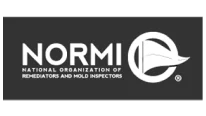



Before Booking an Air Quality Test
and Mold inspection Services
Receive $50 off!

Kitchen Mold FAQ’S
Mold loves damp and warm places. In the kitchen, it can grow because of moisture from cooking and cleaning, leaks from pipes or appliances, and not enough airflow, which can lead to high humidity.
You might see mold as green, black, or white patches. Other signs include a musty smell, water stains, damp surfaces, and if you start coughing or sneezing when you’re in the kitchen.
Not all mold is harmful, but some types can cause health problems, especially for people with allergies or breathing issues. It’s a good idea to deal with any mold growth quickly to keep your kitchen safe.
It’s smart to check for mold in your kitchen at least once a year. If you notice any damp spots or have had mold problems before, inspect it more often.
Yes, foods like bread, fruits, and leftovers can attract mold if not stored right. Keep them in airtight containers and check them regularly for any signs of spoilage.
If you see or smell mold, it’s best to clean it up before cooking. Cooking in a moldy kitchen can spread spores into the air, which may be bad for your health.
Yes, mold can grow in kitchen cabinets, especially if there are leaks or trapped moisture. Poor airflow and humidity can also cause mold to form on the walls, shelves, and items inside your cabinets.
Yes, mold can spread to food, especially in damp areas. Mold spores can land on food that’s left out or stored improperly, leading to contamination. It’s important to keep food in sealed containers and throw away anything that shows signs of mold.
Common kitchen molds include Aspergillus, Penicillium, and Cladosporium. While some might seem harmless, it’s always best to remove any mold to keep your home healthy.
Yes, mold can grow inside appliances like dishwashers, refrigerators, and microwaves, especially if moisture is left unchecked. Regular cleaning can help prevent mold from forming inside these appliances.
Areas We Serve
In Florida
1. Miami Dade
- Coral Gables
- Coconut Grove
- Miami Beach
- Star, Palm & Hibiscus Island
- Key Biscayne
- Keystone Islands
- San Souci
- Miami Shores
- Pinecrest
- Brickel
- Bal Harbor
- Bay Harbor Islands
- Indian Creek
- Surfside
- Eastern Shores
- Sunny Isles
- Aventura
- Golden Isles
- Golden Beach
- The Roads
2. Broward
3.Palm Beach
- Royal Palm Beach
- Lake Worth
- Lantana
- Boca Raton
- Boynton Beach
- Manalapan
- Singer Island
- South Palm Beach
- North Palm Beach
- Tequesta
- Highland Beach
- Ocean Ridge
- Country Club Acres
1. Miami Dade
- Coral Gables
- Coconut Grove
- Miami Beach
- Star, Palm & Hibiscus Island
- Key Biscayne
- Keystone Islands
- San Souci
- Miami Shores
- Pinecrest
- Brickel
- Bal Harbor
- Bay Harbor Islands
- Indian Creek
- Surfside
- Eastern Shores
- Sunny Isles
- Aventura
- Golden Isles
- Golden Beach
- The Roads
2. Broward
- Bonaventure
- Hallandale
- Miramar
- Hillsboro Beach
- North Lauderdale
- Coconut Creek
- Hollywood
- Sea Ranch Lakes
- Oakland Park
- Sunrise
- Coral Springs
- Parkland
- Dania
- Lauderdale By The Sea
- Pembroke Park
- Tamarac
- Davie
- Pembroke Pines
- University Park
- Deerfield Beach
- Plantation
- Weston
- Fort Lauderdale
- Lighthouse Point
- Pompano Beach
- Wilton Manors
3. Palm Beach
- Royal Palm Beach
- Lake Worth
- Lantana
- Boca Raton
- Boynton Beach
- Manalapan
- Singer Island
- South Palm Beach
- North Palm Beach
- Tequesta
- Highland Beach
- Ocean Ridge
- Country Club Acres
- Jupiter
- Palm Beach
- Jupiter Inlet Colony
- Palm Beach Gardens
- Wellington
- Jupiter Island
- Palm Beach Shores
- Delray Beach
- Palm Springs
- Lake Clarke Shores
- Pelican Lake
- West Palm Beach

